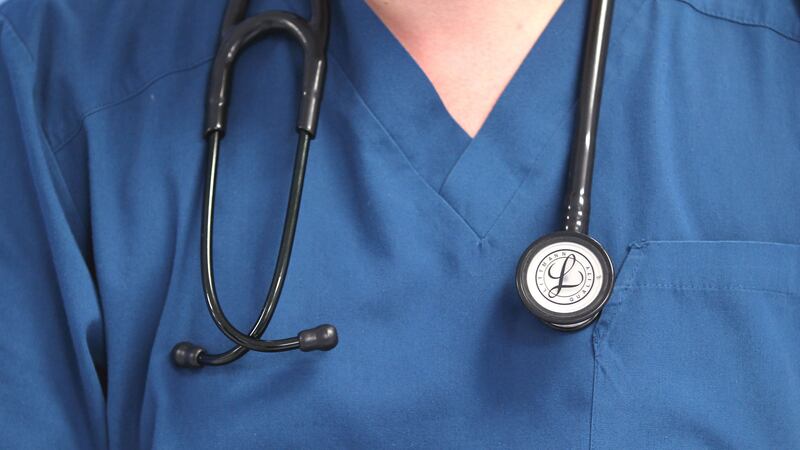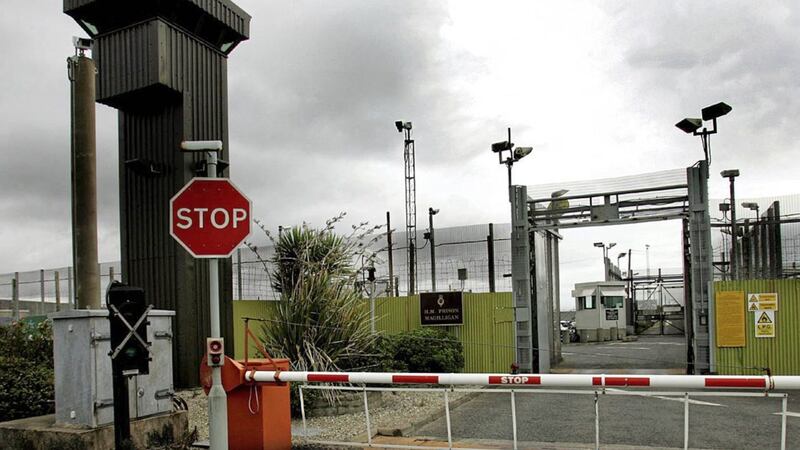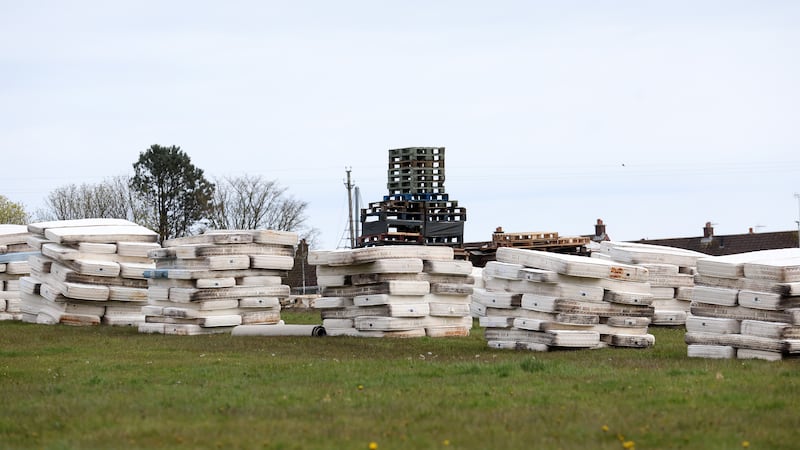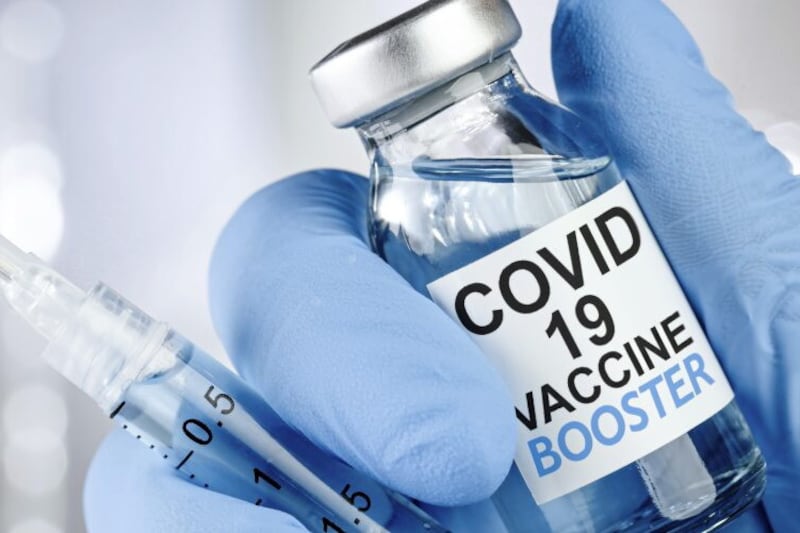TWO cases of meningitis have been confirmed in children attending a primary school in Co Tyrone.
The Public Health Agency said it had received a formal notification in relation to meningococcal septicaemia in a school in the "Southern Health and Social Care Trust area".
Families of the two children have been offered antibiotics along with classmates and staff.
Meningococcal septicaemia is a sudden onset infection of the bloodstream which causes life-threatening blood poisoning (sepsis) which can result in permanent damage to the brain or nerves.
The PHA is informed about all probable or confirmed cases of the disease and takes action following national guidelines.
A spokeswoman said the antibiotics had been offered "as a precautionary measure" and stressed there is no risk to the wider public.
"Antibiotics are offered only to those people who have had close and prolonged personal contact with patients."
She added it was important that everyone is aware of the signs and symptoms of meningitis, including: sudden onset of high fever; a severe and worsening headache without any other obvious cause; severe neck stiffness; dislike of bright lights; very cold hands and feet; drowsiness that can deteriorate so someone is difficult to wake or may even be unconscious; a rash that does not fade when pressed with a glass.
Babies with meningococcal disease tend to be irritable when picked up and have a high pitched cry, stiff body and jerking movements.
"Should anyone develop any of these they should contact their GP or local A&E department immediately," she said.








